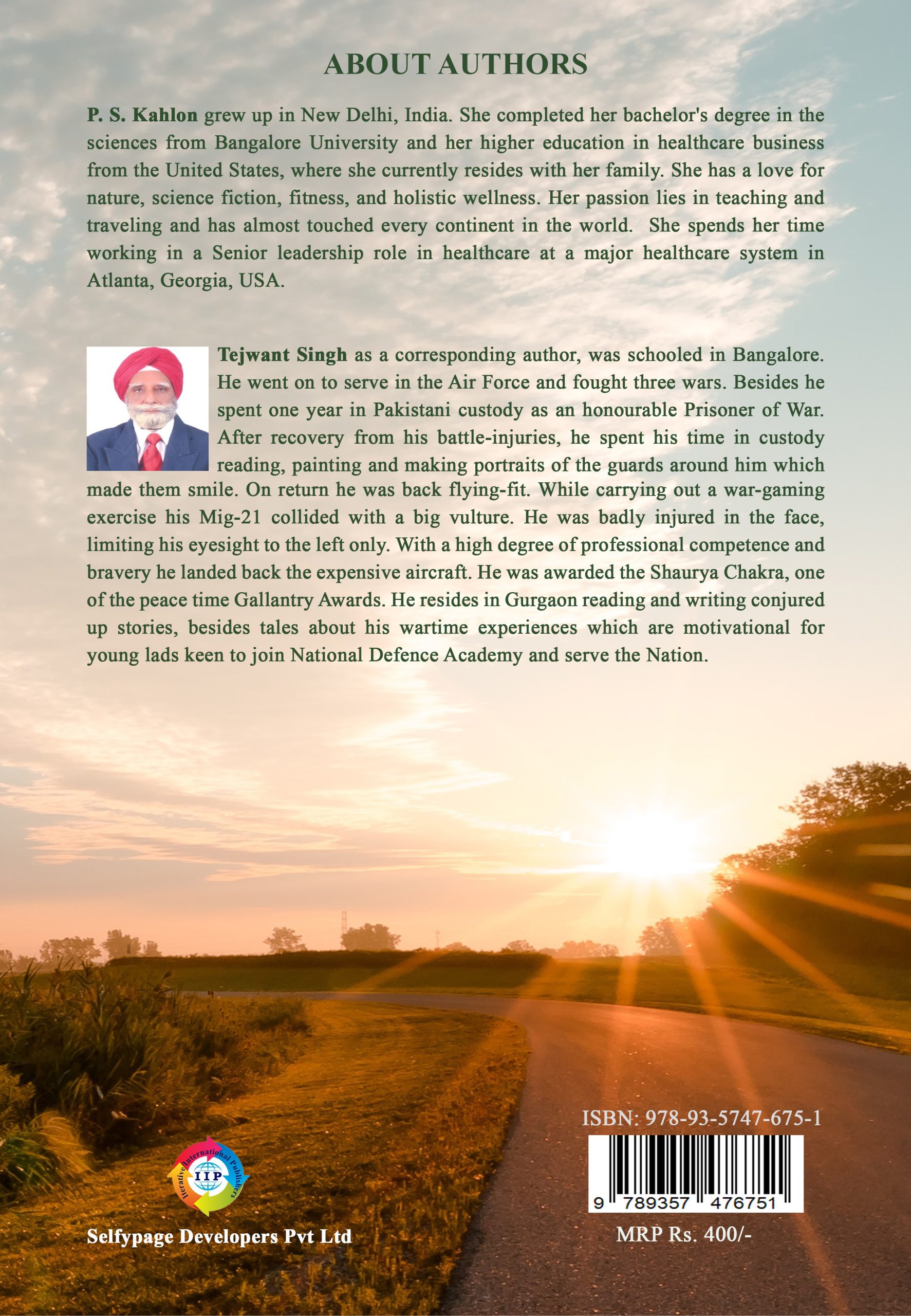In the East–particularly in the South-Central Asian countries of India, Pakistan, and Afghanistan–long and often vicious battles have been fought in locales ranging from some forsaken ground in the wild open countryside to the street-to-street bloodletting unfolding throughout a host of urban ghettos. Soldiers are soldiers anywhere in the world; and while some fight with more dignity, honour, and ferocity than others, when the chips are down and morale is at its lowest, the men with the greatest do-or-die spirit often carry the day. True leaders, after all, always lead from the front.
One of the locales for so many such battles has long been the Khyber Pass, the rugged trail-carved through the mighty Hindu Kush mountain range that joins Afghanistan to Pakistan and the entire subcontinent of India. It is there that armies have gathered for centuries. They have jostled their way to victory and glory since before the dawn of recorded history.
The Khyber Pass has been the historic gateway from the Northwest through which innumerable plunderers have entered for millennia, eyeing the fabulous wealth of India. Many of those raiders, who ultimately negotiated that glorified pass, eventually went about settling the plains of India along with their mushrooming empires. Those who were too late or too weak to make it through, settled in the semi-arid hills and valleys of Afghanistan and came to be known as Pathans or Pashtuns.
Some 126 different tribes make up the Pathan people–or Pashtuns, as they are known in Afghanistan. These tribes are spread out on both sides of the Hindu Kush Mountains that straddle the Khyber Pass, as well as numerous lesser passes. Their people call present-day Afghanistan and the western part of Pakistan their home. Pakistan as a country was carved out of India after a partition in 1947 once the British colonial rulers had departed.












Reviews
There are no reviews yet.